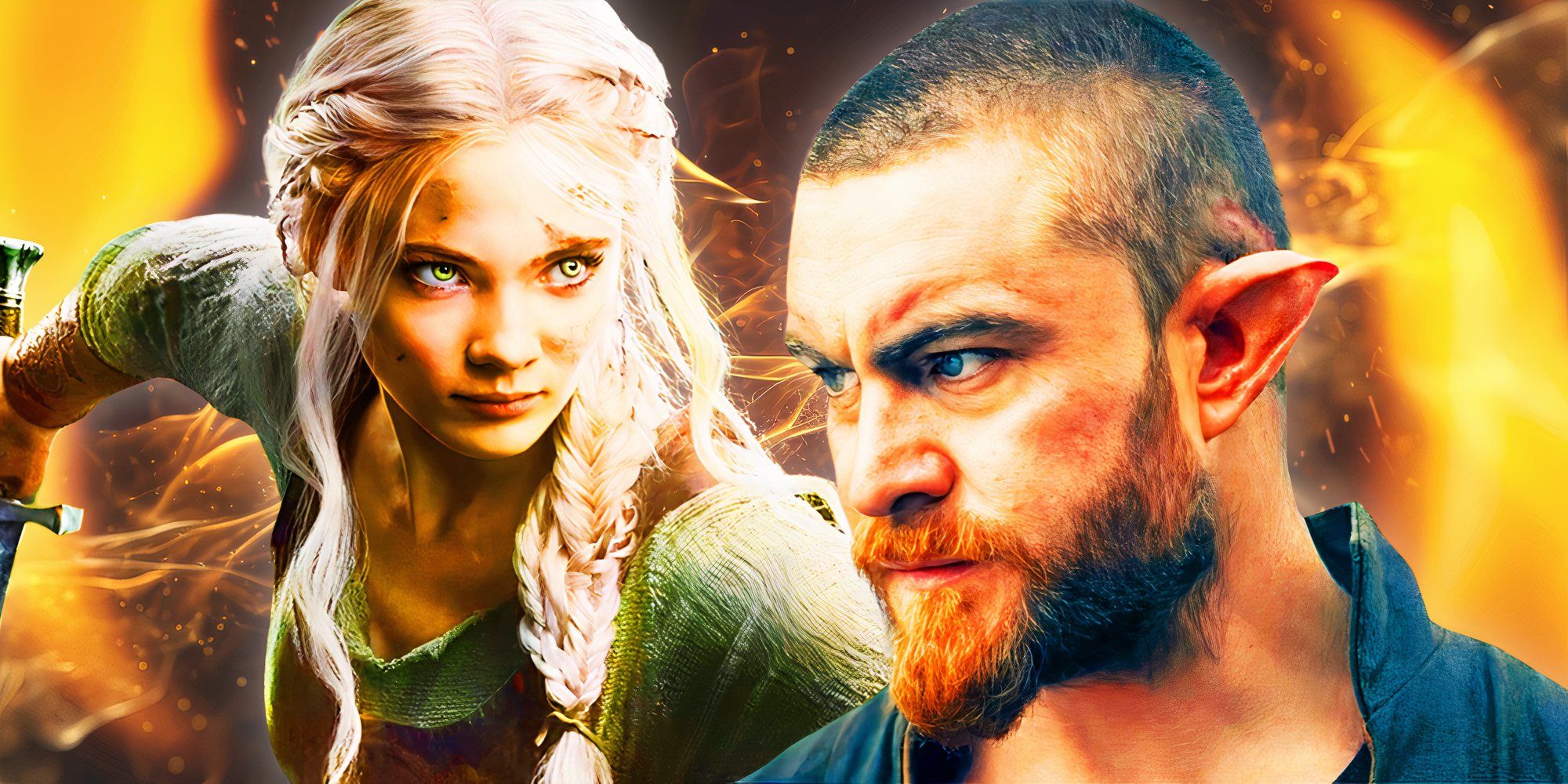
The Witcher franchise is a popular fantasy story beloved by many, but certain installments of the Netflix series and its spin-off, The Witcher: Blood Origin, are better than others. Based on The Witcher books by Andrzej Sapkowski and the video game series, Netflix’s adaptation follows the journey of monster hunter Geralt of Rivia.
In between his fights against all manner of creatures, the relationships he forms with the likes of Yennefer of Vengerberg and Ciri, the Princess of Cintra, are also the driving force of the show. Seasons 1, 2, and 3 and Blood Origin are all compelling stories with respective positive and negative qualities, but hopefully, The Witcher season 4 will learn from past entries.
4The Witcher: Blood Origins
The Witcher’s Prequel, 1200 Years In The Past
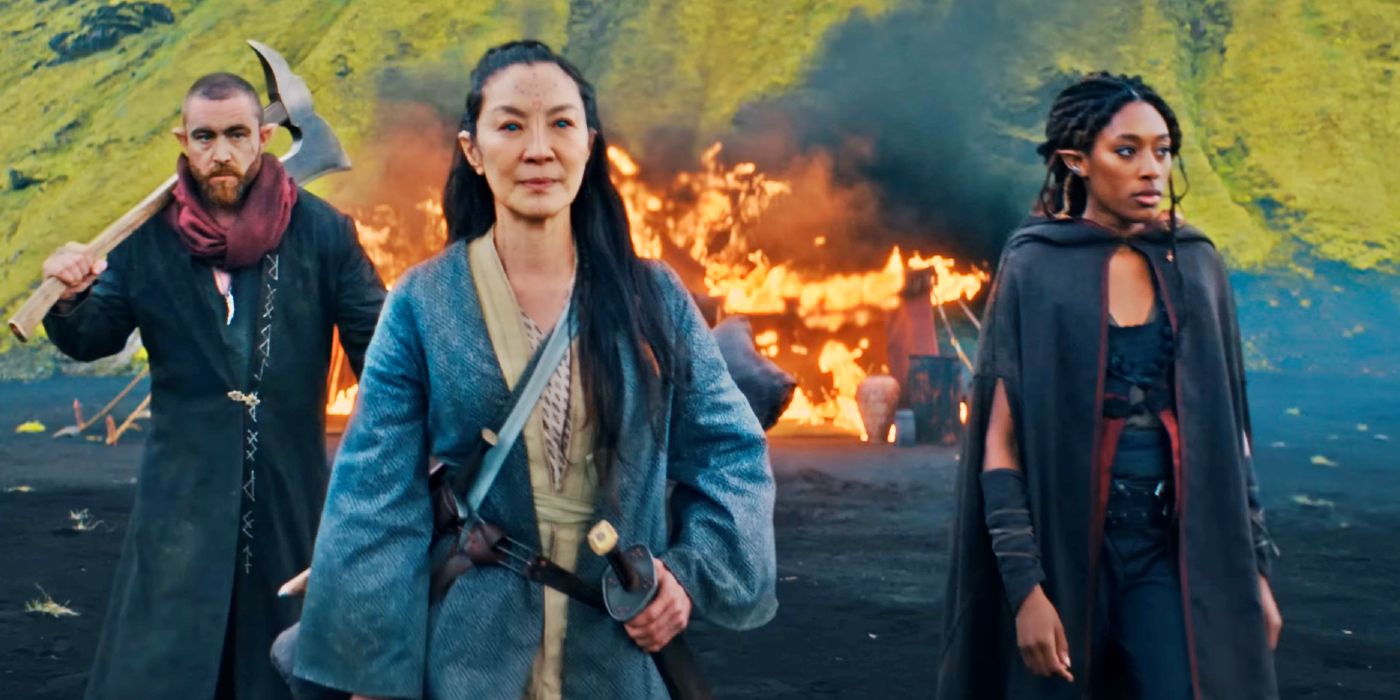
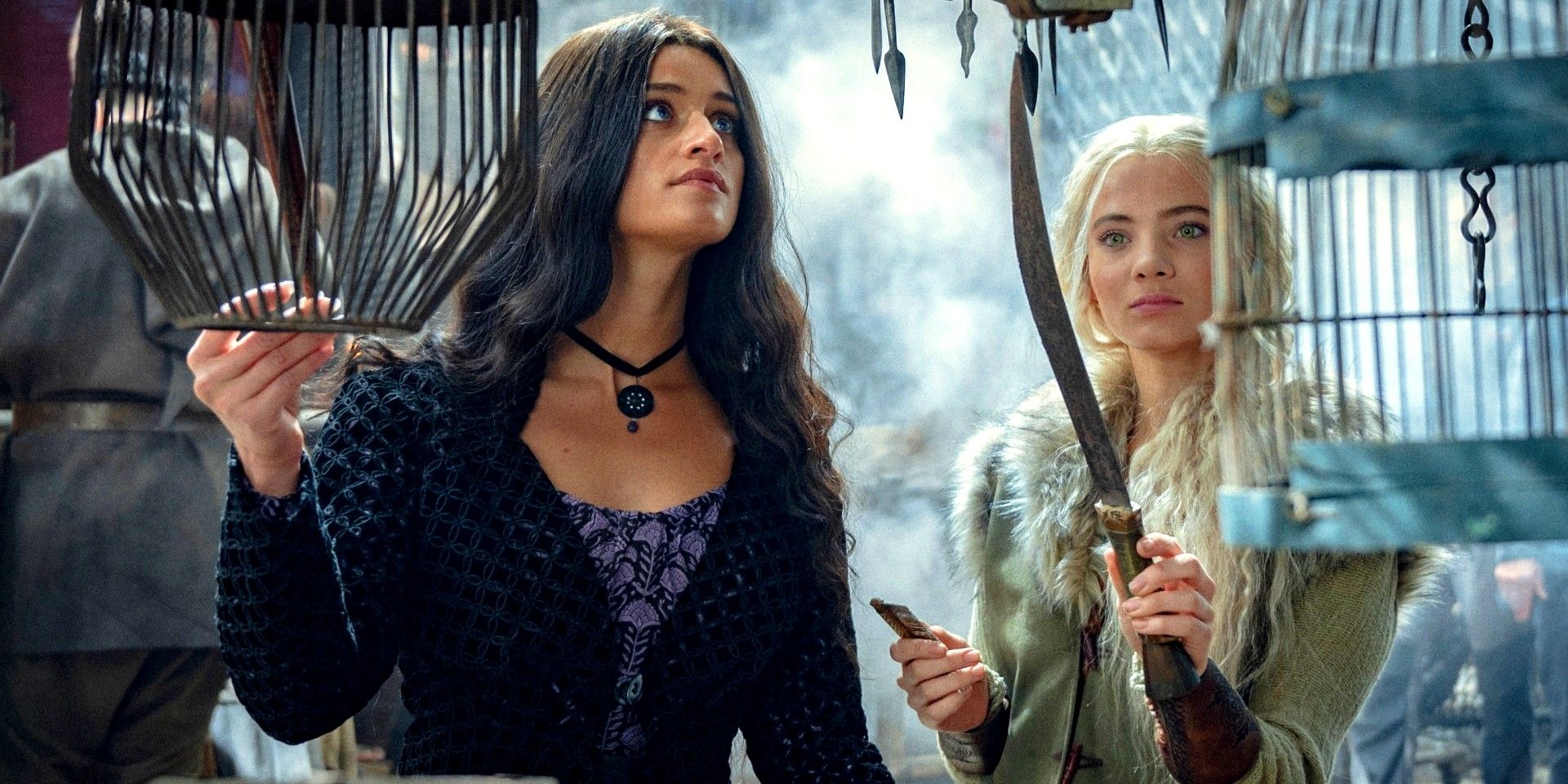
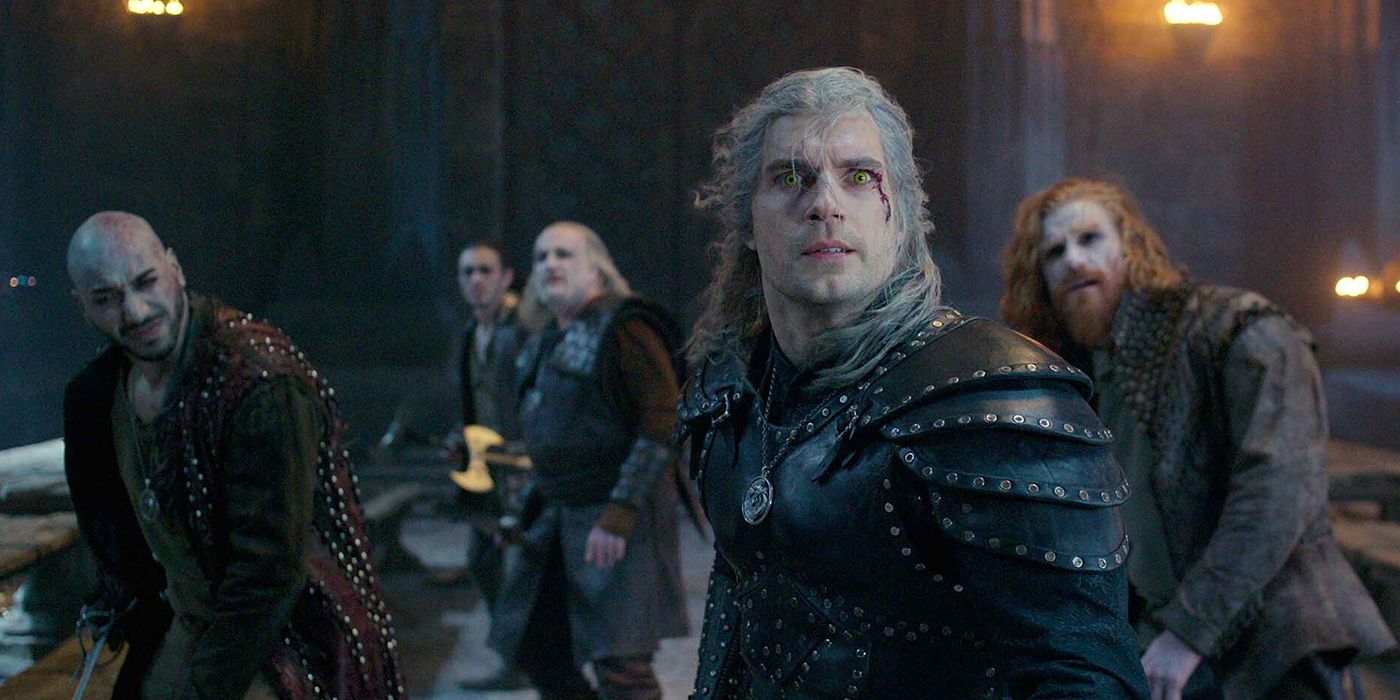
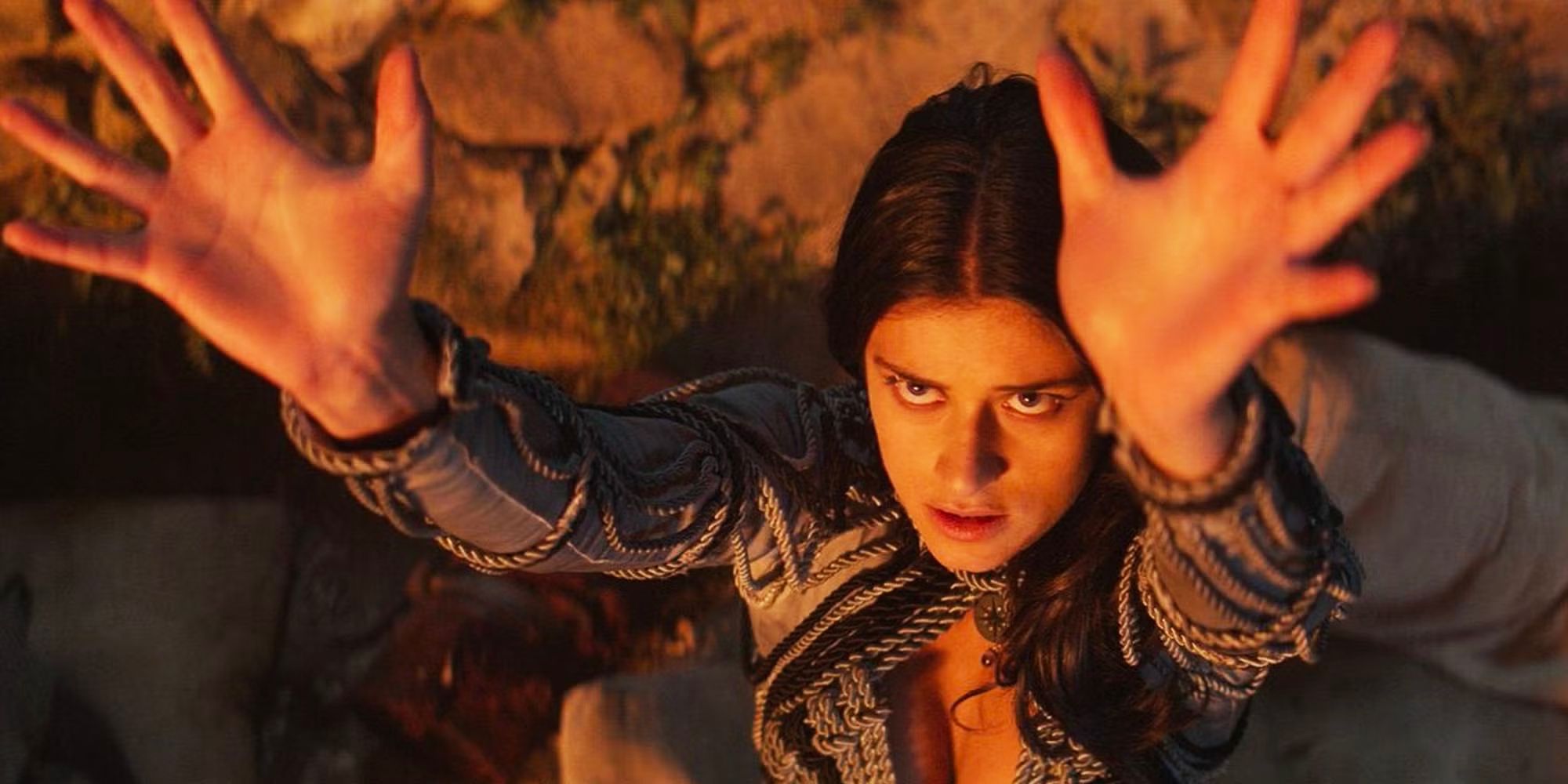
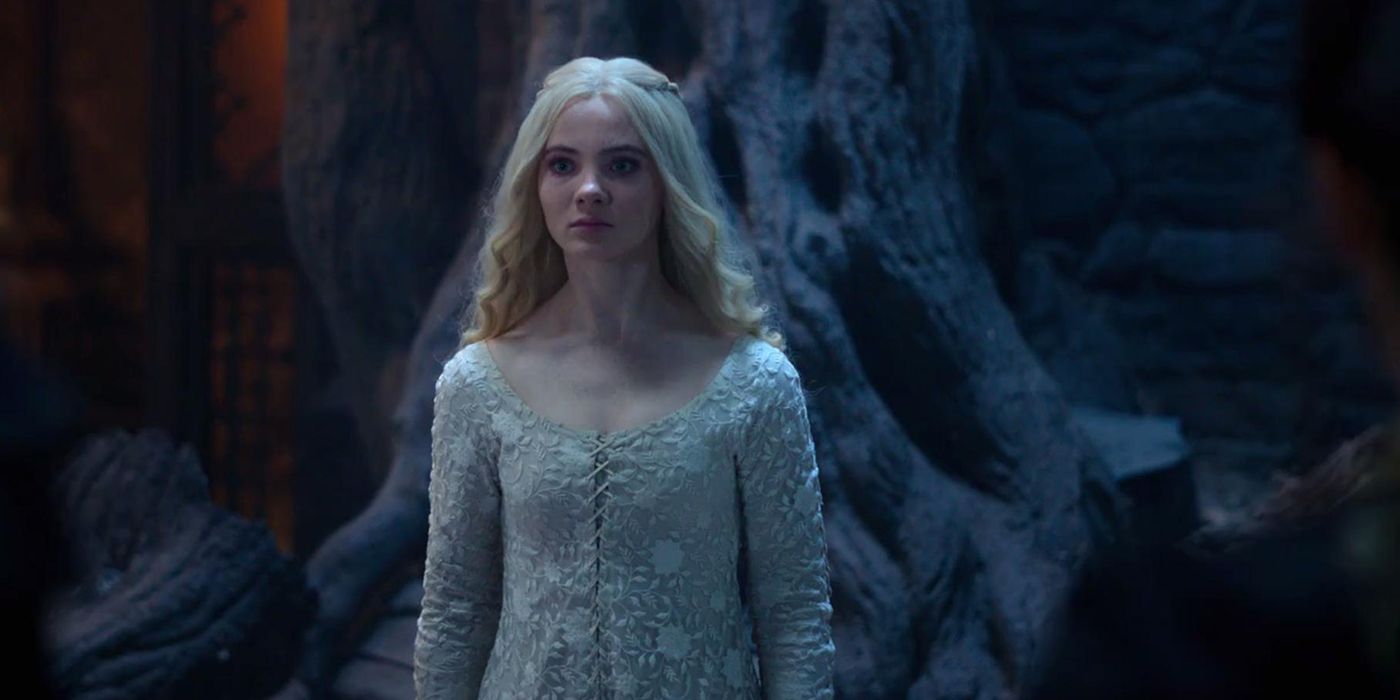
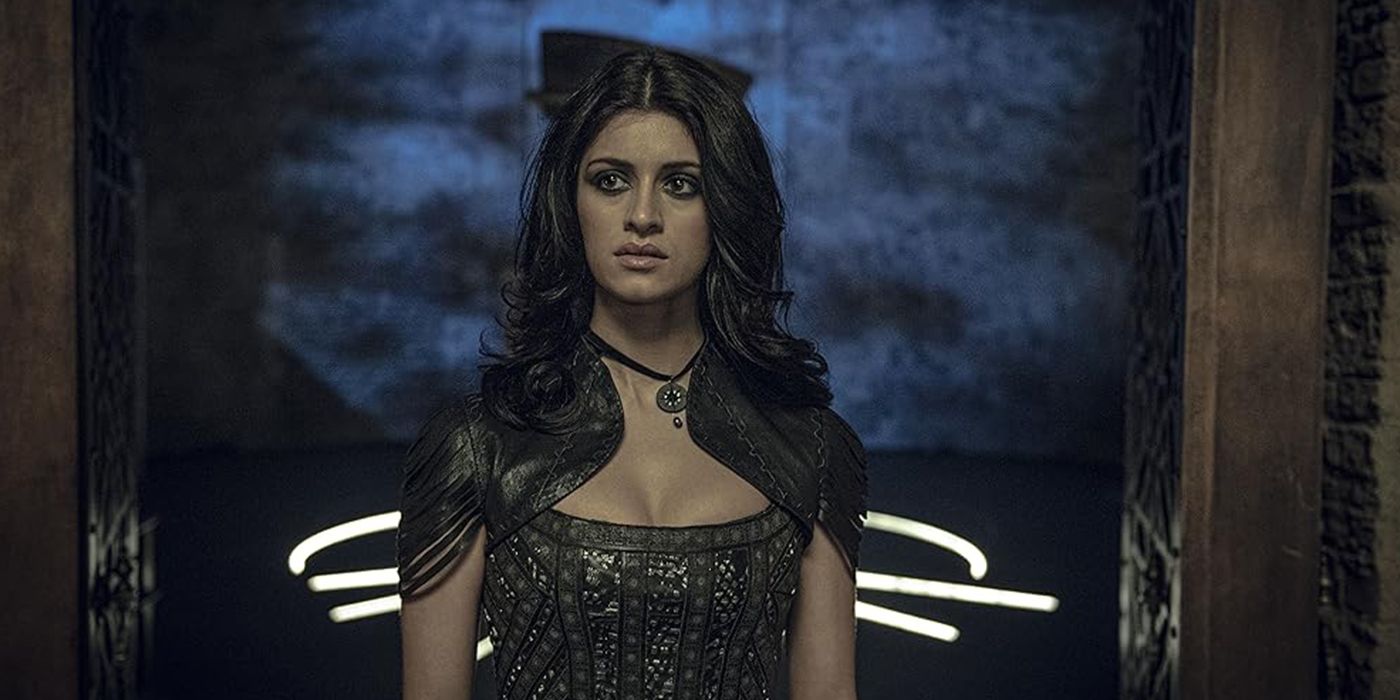
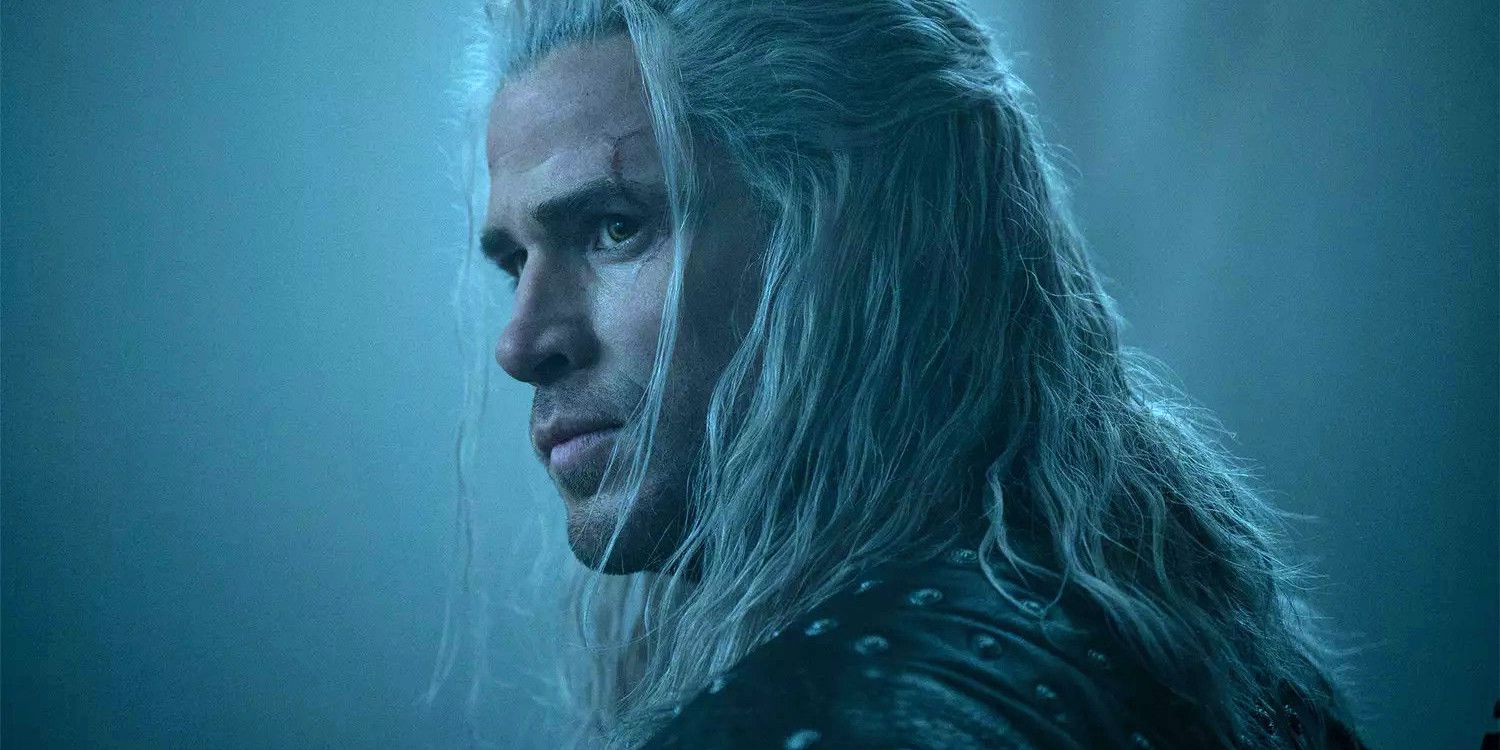







The miniseries The Witcher: Blood Origin’s reviews are generally bad, both with critics and audiences. The prequel is set 1200 years before the parent show and focuses on the creation of the very first Witcher and the events that lead to The Witcher’s Conjunction of the Spheres. Across four episodes, Blood Origin explains the backstories and deeper details of The Witcher universe’s biggest stories, all of which are referenced in the main show at some point. However, Blood Origin struggles to live up to The Witcher’s charm and appeal.
Blood Origin is rather formulaic and introduces a series of new characters, but these figures aren’t developed enough. The show does start to delve into why the characters are who they are, but it’s only a tease, and it doesn’t progress any further. For example, Michelle Yeoh provides a fantastic performance as the last member of the Ghost Clan, Scían, but she has little purpose other than to take part in a few sword fights. The characters are sadly just archetypes, and there aren’t a lot of defining qualities that make them fully-rounded people.
What’s particularly irritating is that Fjall and Éile are connected to The Witcher’s Ciri, yet Blood Origin fails to spend enough time acknowledging this. Despite Blood Origin having a lot of promise, a lot of things about it are only half-achieved. The lack of complexity in the characters, paired with their sometimes clumsy or cringeworthy dialogue, makes it hard for viewers to invest in them.Blood Origin’s story can be considered a pretty simple tale of good versus evil, which gives the show an opportunity to provide the characters with plenty of layers, but it doesn’t.
It’s a shame, because they have a lot of potential to be developed further. This could be attributed to the fact that Blood Origin only has four episodes, but it only justifies the writers’ decisions to a certain degree. For example, Jaskier being used as a framing device in Blood Origin is just unnecessary and forced, especially as he has no real part to play in the story. Seanchaí’s narration is also full of exposition, and if anything, it doesn’t really make sense for there to be any commentary.
3The Witcher Season 3
Geralt’s Ultimate Test

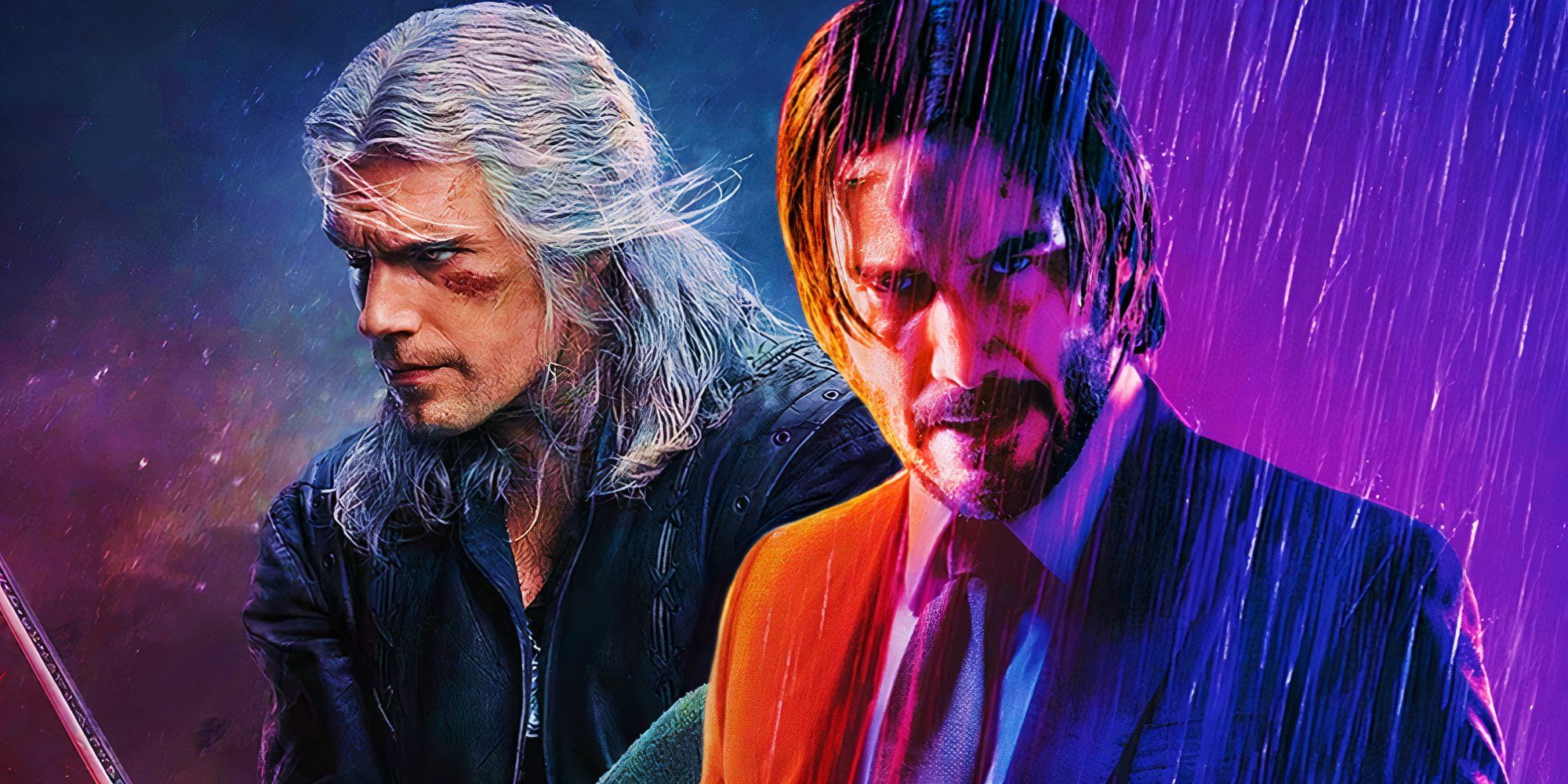
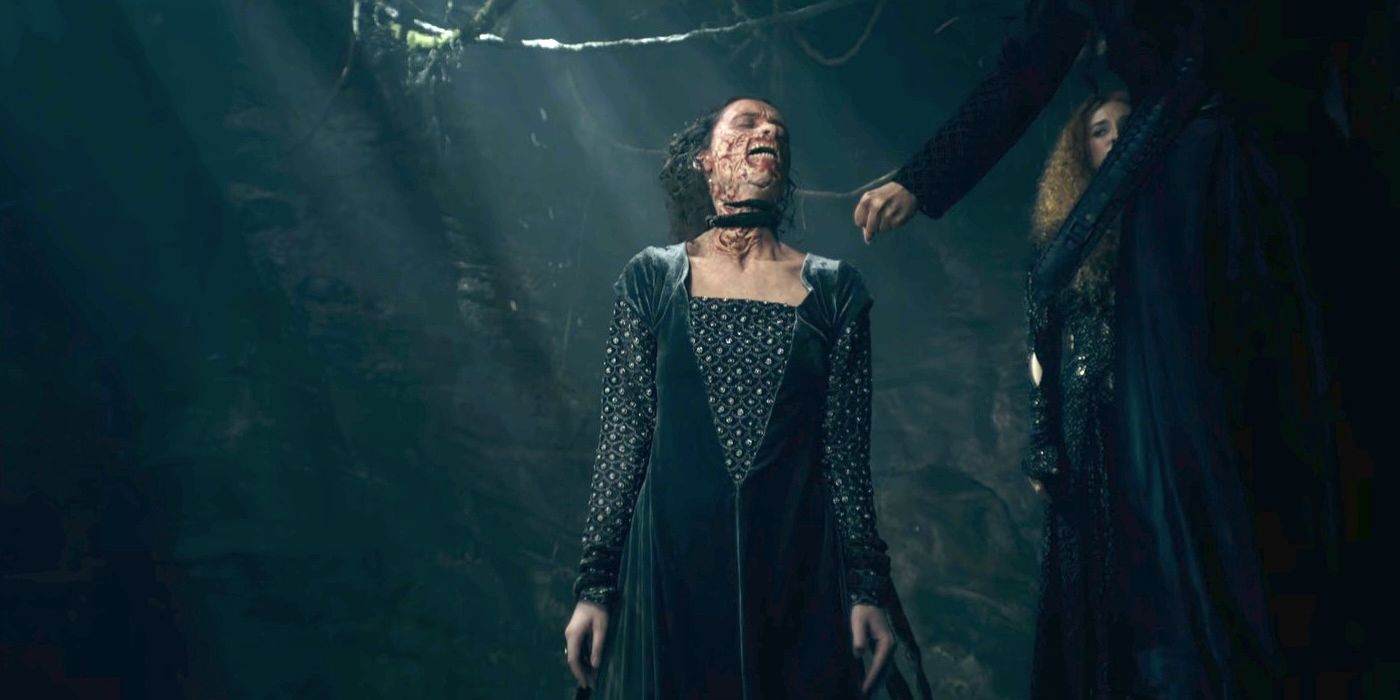

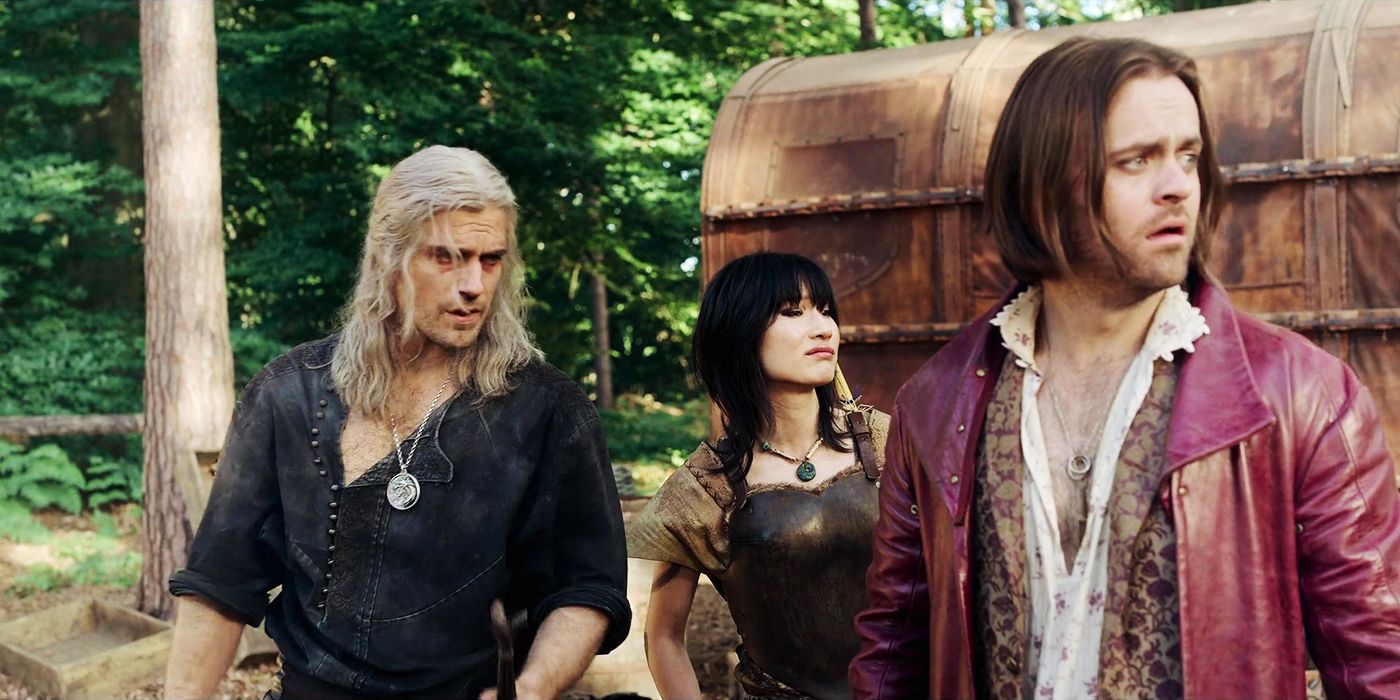





Unfortunately, The Witcher season 3 simply doesn’t hold up to the previous two installments of the show. The decline in quality happens in several areas, and while it does still have its strengths, season 3 is generally considered the weakest of the bunch. The visual effects are an immediately obvious issue. They’re undoubtedly ambitious, but the execution lacks some polish. For example, in the opening scenes of “Shaerrawedd,” Geralt cuts down a bounty hunter whose headless corpse drops to the floor and starts to spurt blood from where his neck once was.
The Witcher doesn’t really acknowledge Yennefer trying to sell Ciri’s soul to a demon.
Remove Ads
However, it’s so unrealistic that it’s hard to take the scene seriously. What makes it even more of a shame is that the scenes in between these so-called action shots are rather boring at times. Another significant issue with this season is the show’s inability to stay committed to the story. The Witcher season 3 tries to redeem itself from the previous season’s misdoings, but there isn’t enough time to do so. A great example of this is Yennefer’s betrayal. In the first episode, The Witcher doesn’t really acknowledge Yennefer trying to sell Ciri’s soul to a demon.
There is a brief interaction between the two women, but then all is forgotten between them, which is wild. Before this, Yen tries to win Geralt back with letters that begin with “Dear friend,” which is a reference to the books. But the nod to the source material doesn’t go much further than that, and if anything, it seems rather out of character that Yen would desperately try and grab Geralt’s attention in such a childish way. However, the purposes of the new characters introduced in The Witcher season 3 aren’t great, either.
Remove Ads
Gallatin is quite one-dimensional and only really serves to help get Cahir back on the side of the emperor. Radovid’s relationship with Jaskier is intriguing, but considering that in the books, they are supposed to be 40 and 12, and the show alters the ages, it’s just weird. In comparison to the books, The Witcher season 3 annoyingly misses the core relationships between the trio that are needed to push the story forward, and so a majority of volume one is spent by the writers trying to rectify this in a rushed lead-up to the events of the Thanedd Ball.
While there are plenty of enjoyable parts of The Witcher season 3, its seemingly lower-quality production values and inability to commit to the story properly let it down. The Witcher season 3’s ending is one of the lowest-rated episodes of the show, which highlights viewers’ opinions on the overall fallout of the narrative. However, the pacing does improve in the second half of the season, and Henry Cavill offers a decent performance in his final episodes as Geralt.
Remove Ads
2The Witcher Season 2
Ciri’s Powers Unleashed


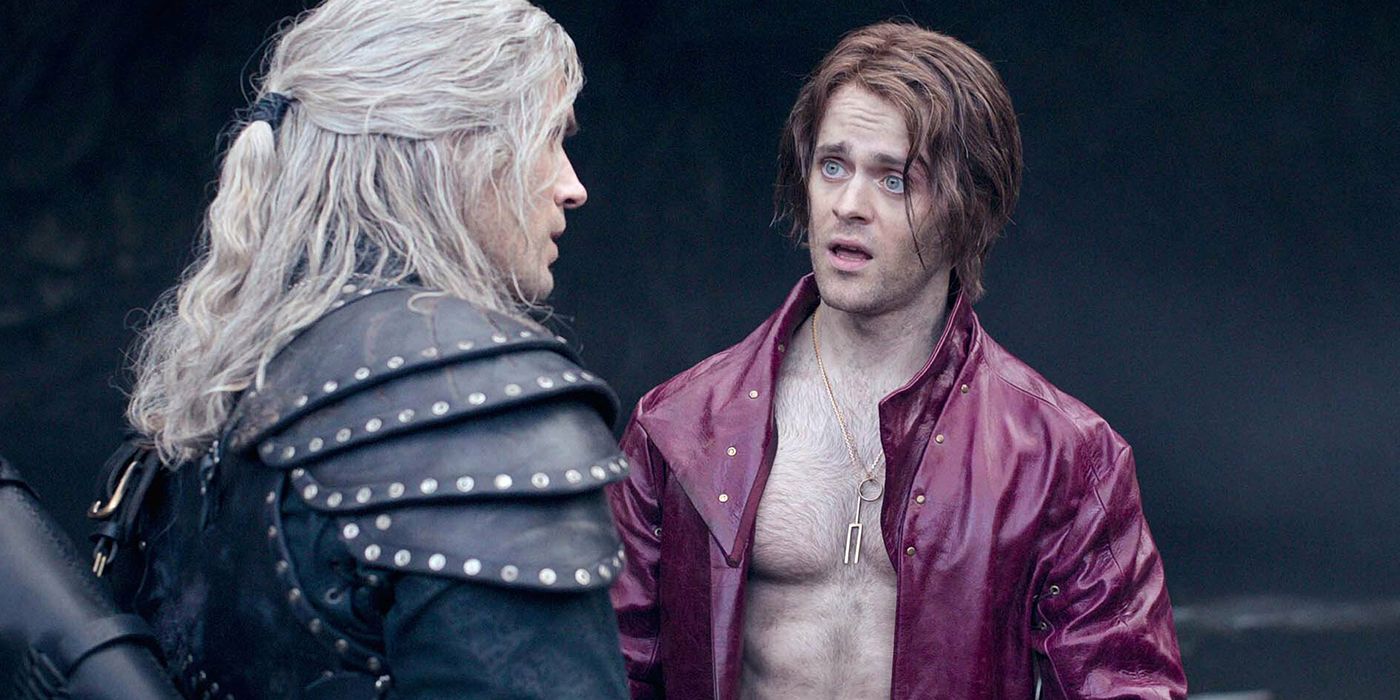
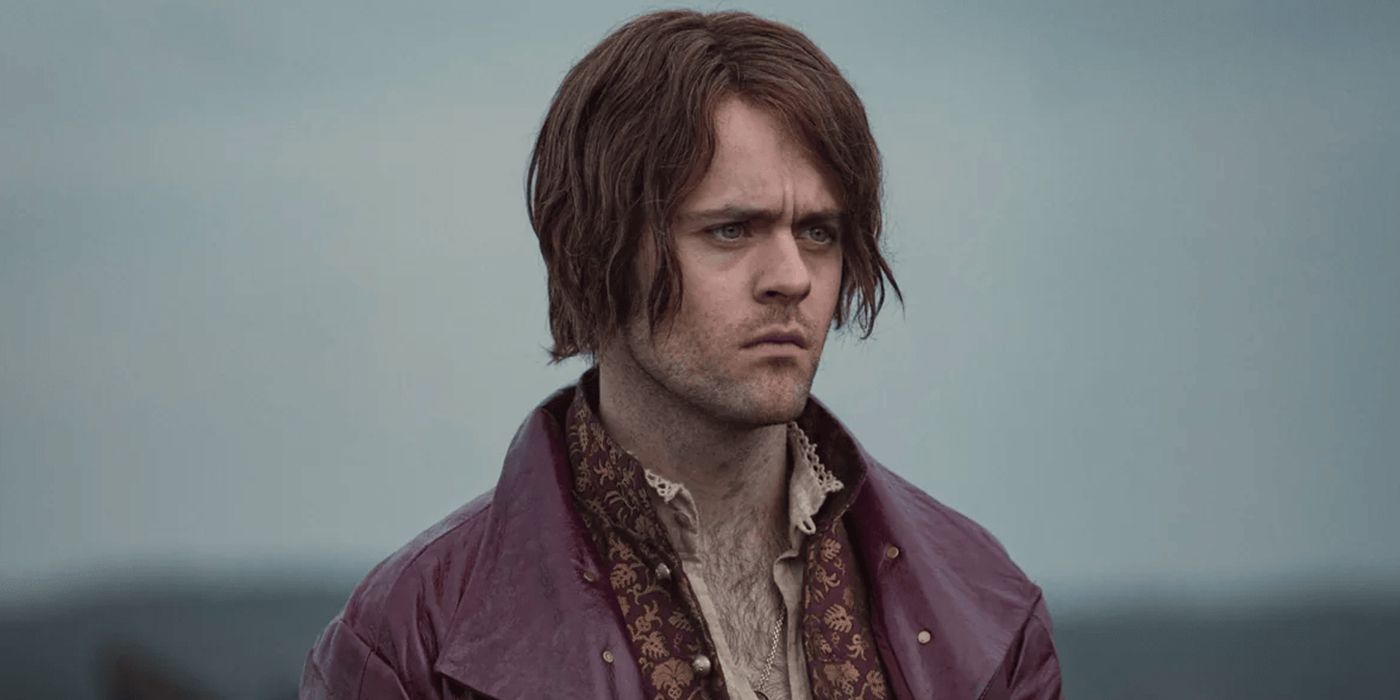
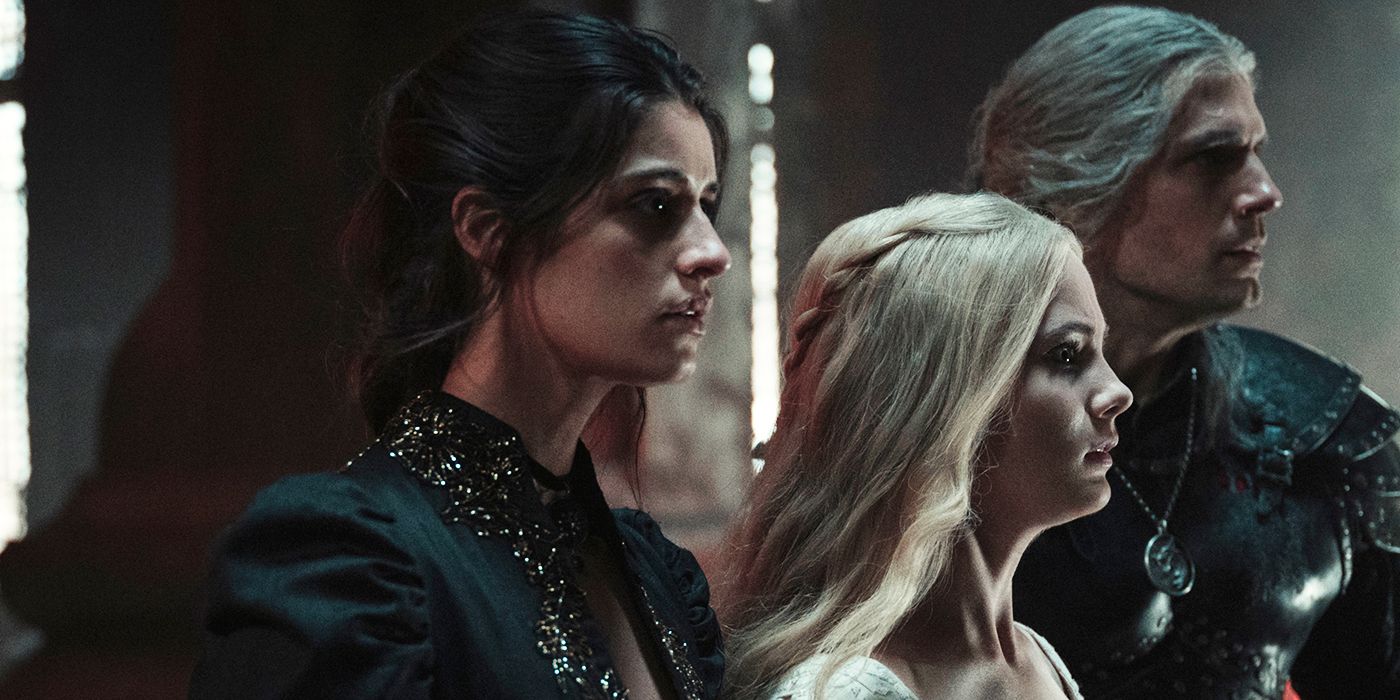





The Witcher season 2 is often considered a disappointment by audiences for several reasons, many of which then impact season 3’s overall quality, too. However, season 2 is marginally better. It’s clear that certain elements of The Witcher have improved since season 1, such as Geralt’s sword fight scenes. Like many TV shows, especially in the fantasy genre, The Witcher is finding its feet in season 1 with special effects and cinematography. But season 2’s graphics are definitely stronger, and Cavill truly embraces his character in his fight scenes.
A common complaint about season 2 is that the dialogue is perplexing and nonsensical, and Sapkowski’s poetic voicing of The Witcher characters is notably absent.
Remove Ads
The biggest letdown is the story, which season 3 also struggles with, but mainly because of season 2’s failings. Some parts of the narrative are especially exciting, like Geralt and Ciri’s training, whereas others don’t hit the mark, such as Yennefer losing her powers. Episode 1, entitled “A Grain of Truth,” has some stellar writing, but after this, the deviation from the books causes chaos. A common complaint about season 2 is that the dialogue is perplexing and nonsensical, and Sapkowski’s poetic voicing of The Witcher characters is notably absent.
The Witcher season 2 steps away from Sapkowski’s works in certain areas, and while this isn’t a surprise, the choices the show makes are quite strange. The Witchers themselves are perceived as party boys and jerks, for example. Fringilla’s character feels half-cooked, and she frequently jumps from being hesitant and unsure of herself to overly confident and erratic. There is such a focus on unnecessary parts of the plot that The Witcher season 2’s ending leaves behind more questions than answers.
Remove Ads
However, amongst the criticism, The Witcher season 2 does have some things going for it. The Witcher’s soundtrack is beautiful, and every track scores the most tense scenes fantastically. The Conjunction of the Spheres is also further established, which helps set up The Witcher: Blood Origin, although the franchise’s multiverse is often used as an excuse for plot holes at times and can be a little confusing. The casting is very strong, too. Freya Allen is brilliant as Ciri, and while she is prominent in season 1, season 2 allows her to truly shine.
1The Witcher Season 1
Netflix’s First Introduction To Geralt Of Rivia & The Witcher Universe
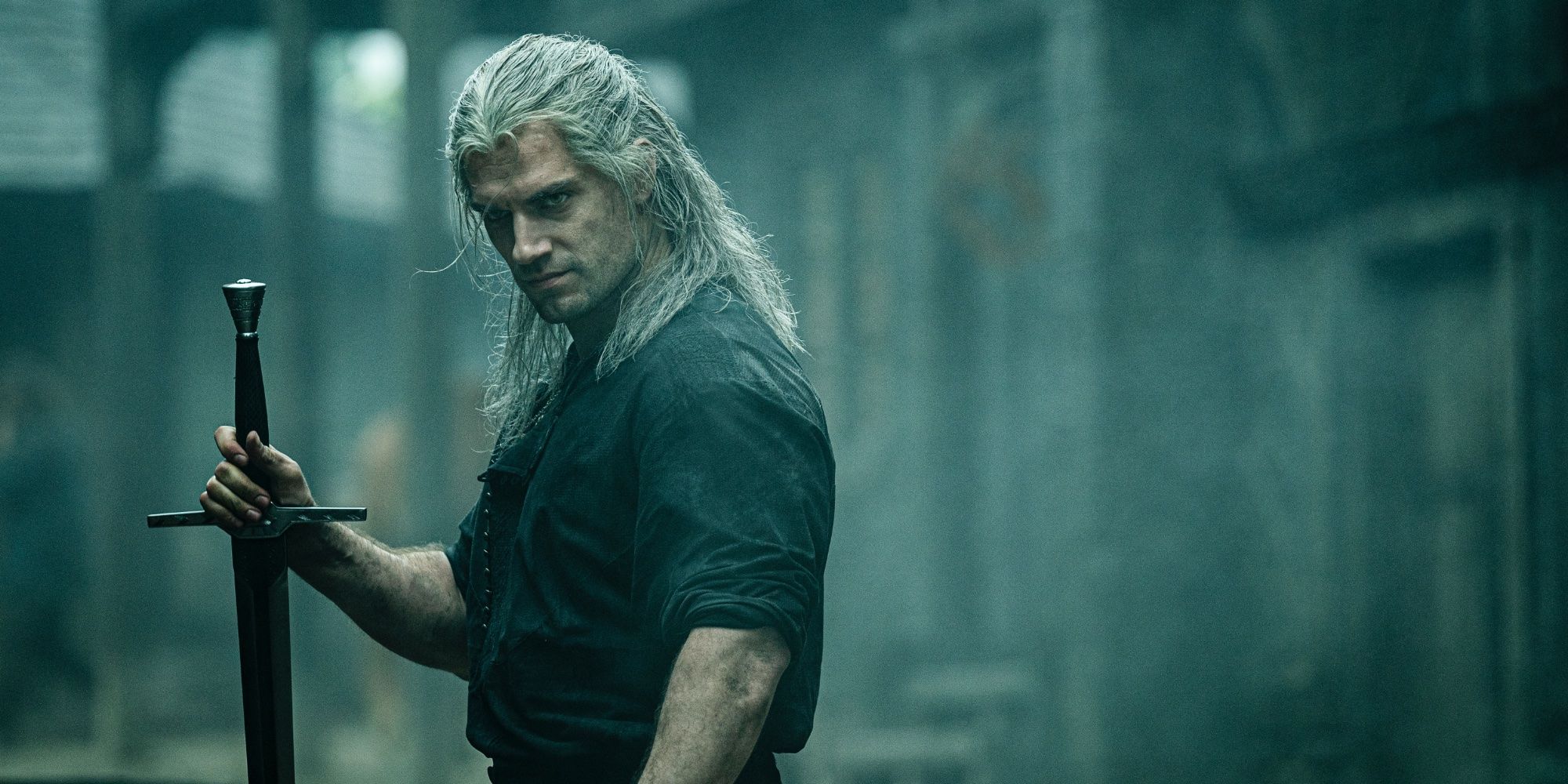
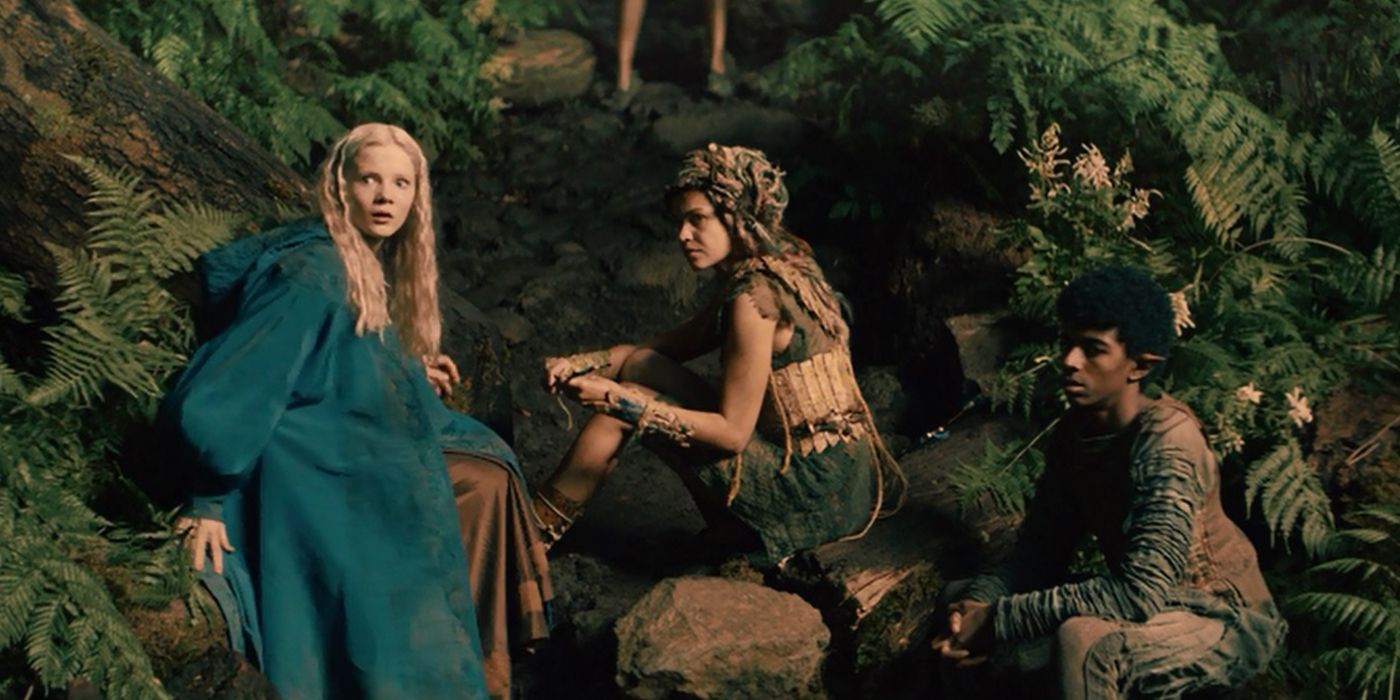
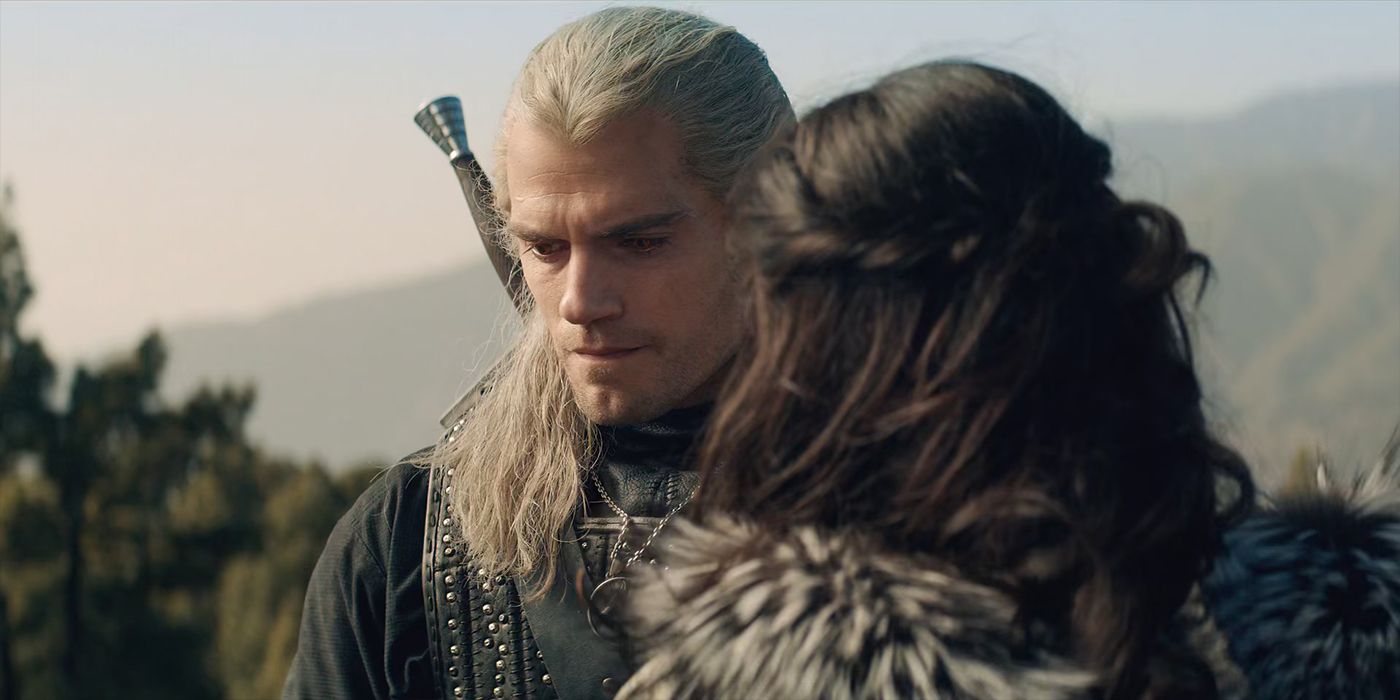
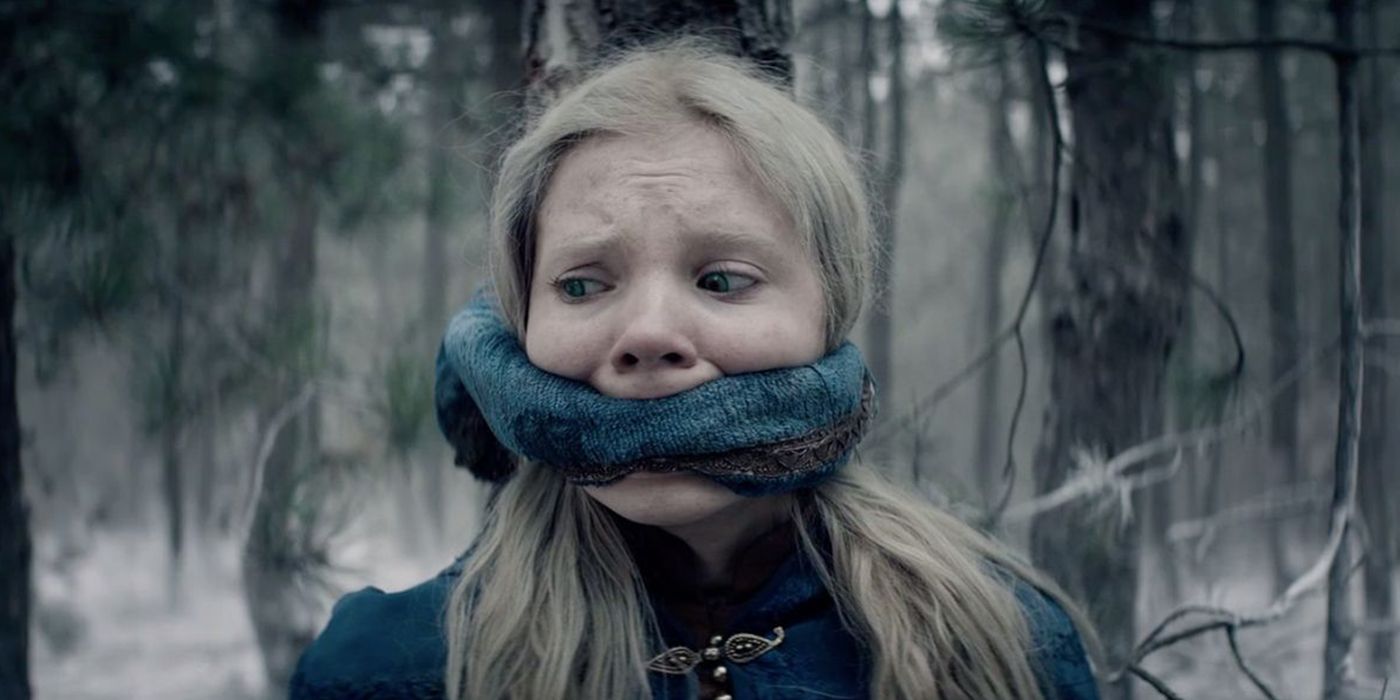






Remove Ads
Even though The Witcher season 1 has some teething problems, the first installment of the hit fantasy show stands as the best. The introduction of Geralt of Rivia is compelling and keeps audiences enthralled, regardless of whether they are familiar with the novels or video game series. One of the most surprising things about the beginning of the show is its sense of humor. At a glance, The Witcher doesn’t seem like it is comical, but Geralt’s dry wit and well-timed remarks are refreshing, but this quality starts to disappear in the later seasons.
There is definitely room for improvement in terms of the special effects, but considering this, the ambitious visuals of The Witcher season 1 are decent. The dark aesthetic and eerie cinematography are one of the best things about it, and it keeps viewers focused on the fantastical elements of the show.
The combination of practical effects and CGI is clunky in places, but the overall set design makes up for this.
Remove Ads
There are some moments that divert from the main story at hand, but this adds a lot to the characters’ relationships with one another, and this is disappointingly not as important in the later seasons of the show. Yennefer, for example, isn’t at her full potential in season 1, but her characterization is solid. Her deep desire for power and the things she is willing to do to get it are apparent immediately. Ciri isn’t the most developed, though, which is one of the disappointments of the season, although she does improve with time.
Season 1 typically follows more of an episodic format, and this helps with The Witcher’s character-building. “Betrayer Moon,” for example, is one of the best episodes of The Witcher because it explores Yennefer’s backstory while also providing context on the sorceress’ status in the fictional universe. Each episode of season 1 is stronger than the last, which builds plenty of anticipation. While later seasons delve into long-spanning story arcs, season 1’s combination of meeting new magical creatures and the back and forth of the timelines gives audiences a brilliant overall introduction to The Witcher franchise.




